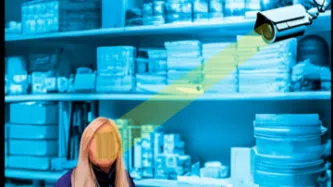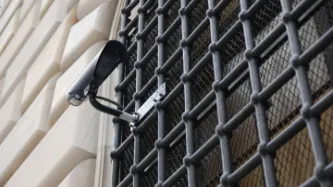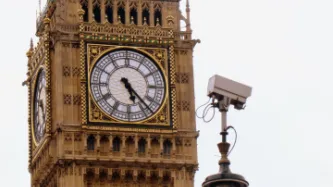Search
Content type: Press release
9 November 2023 - Privacy International (PI) has just published new research into UK Members of Parliament’s (startling lack of) knowledge on the use of Facial Recognition Technology (FRT) in public spaces, even within their own constituencies. Read the research published here in full: "MPs Asleep at the Wheel as Facial Recognition Technology Spells The End of Privacy in Public".PI has recently conducted a survey of 114 UK MPs through YouGov. Published this morning, the results are seriously…
Content type: Long Read
TAKE ACTION TO STOP THE END OF PRIVACY IN PUBLIC1. IntroductionThe use of facial recognition technology (FRT) by law enforcement and private companies in public spaces throughout the UK is on the rise. In August 2023, the government announced that it is looking to expand its use of FRT, which it considers “an increasingly important capability for law enforcement and the Home Office”. The indiscriminate use of this dystopian biometric technology to identify individuals in public spaces is a form…
Content type: Long Read
Imagine that every time you want to attend a march, religious event, political meeting, protest, or public rally, you must share deeply personal information with police and intelligence agencies, even when they have no reason to suspect you of wrongdoing.
First, you need to go to the police to register; have your photo taken for a biometric database; share the contacts of your family, friends, and colleagues; disclose your finances, health records, lifestyle choices, relationship status, and…
Content type: News & Analysis
It's not often that you get to witness the birth of a new philosophy. However, according to the UK Home Office, a new philosophy is at the heart of their new Surveillance Camera Code of Practice, published this month, and currently subject to a badly publicized consultation process. The name of this new philosophy? Surveillance by Consent.
An extended version of this piece is available on the No CCTV website.
Of course, the term is not really new, nor is it a philosophy. Rather, it is…
Content type: News & Analysis
1. What is CCTV?
CCTV (Closed Circuit Television) is a visual surveillance technology designed for monitoring a variety of environments and activities. CCTV systems typically involve a fixed (or "dedicated") communications link between cameras and monitors.
In the past decade, the use of CCTV has grown to unprecedented levels. In Britain between £150 and £300 million ($225 - $450 million) per year is now spent on a surveillance industry involving an estimated 300,000 cameras. Most…
Content type: News & Analysis
In recent years, the use of Closed Circuit Television (CCTV) in the UK has grown to unprecedented levels. Between £150 and £300 million per year is now spent on a system that involves an estimated 200,000 cameras. According to the British Security Industry Association, more than three quarters of these systems have been professionally installed. Most towns and cities are moving to CCTV surveillance of public areas, housing estates, car parks and public facilities. Growth in the market is…





